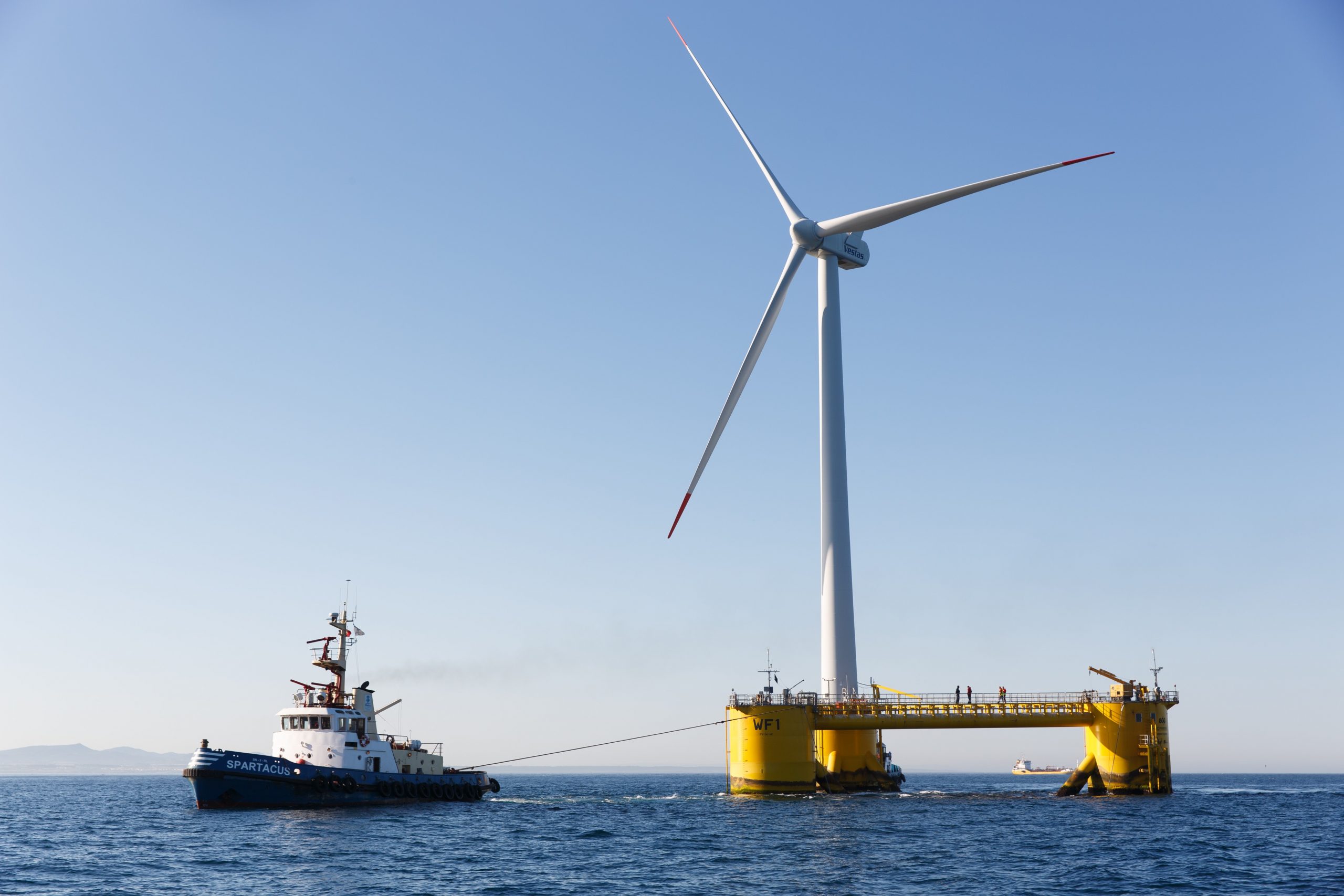
Marine-i supports pioneering 3D printing innovation for floating offshore wind
Home News and events News Marine-i supports pioneering 3D printing innovation for floating offshore wind
Expert support from Marine-i is helping 3D printing specialist J-Supplied to develop large scale technology to produce bespoke parts for the floating offshore wind industry, such as custom-designed turbine blades. Part funded by the European Regional Development Fund, Marine-i aims to help the marine tech sector in Cornwall and the Isles of Scilly grow through harnessing the full potential of research and innovation.
From its base in Cornwall, J-Supplied has established a strong reputation as a provider of 3D printing machines and manufacturer of 3D-printed products. The emergence of floating offshore wind as a major strategic growth area for the marine tech industry in south west England has prompted the company to diversify into this area, as their Managing Director, Martin Jewell, explains:
“The ability to print large scale, low volume products is currently restricted by the commercially available equipment on the market. Typically, these can only manufacture products up to a 3m x 1m footprint. We identified the offshore renewable energy sector as the focus for a major innovation project to address this issue. Our vision is to have ‘warehouse size’ gantries that would enable a 5 axis robotic 3D Printer to produce very large products, such as turbine blades. This would break completely new ground for our industry.”
Marine-i, is providing a comprehensive package of RD&I support which includes market analysis by Marine-i partner, Offshore Renewable Energy Catapult, highlighting the most important commercial opportunities for the technology in floating offshore wind, and bespoke research by the University of Plymouth Digital Fabrication Laboratory, to develop processes to optimise this new technology.
Professor Lars Johanning of University of Exeter, lead partner for Marine-i, says: “J-Supplied should be applauded for the scale and ambition of their thinking. As well as being a major commercial opportunity for their business, this new process would have huge benefits for the global floating offshore wind industry.”
On 10th February, a special online workshop will be taking place, examining how 3D printing may be used in the production of wind turbine blades. There will be an opportunity to hear from leading experts and to help shape a future transnational innovative project in this field. Delegates can register for this free event by visiting: www.marine-i.co.uk/events
